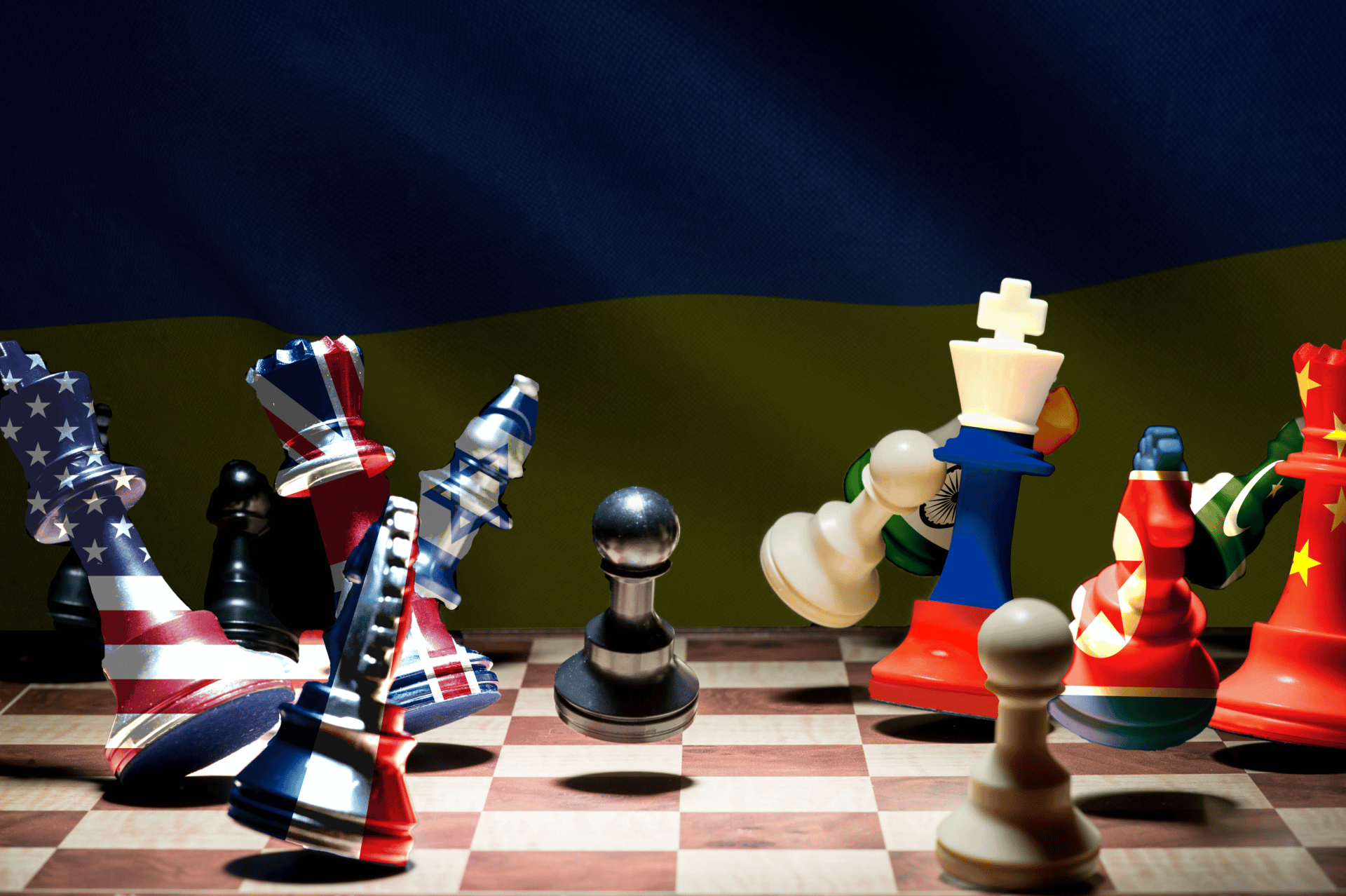The Geopolitical Chess Game: How the Ukraine War Influences the Black Sea Energy Dynamics

In the complex geopolitical landscape of the Black Sea, the ongoing war in Ukraine has emerged as a pivotal event with far-reaching implications. U.S. officials have candidly viewed the conflict as a strategic opportunity to reshape the region's energy dynamics, aligning with broader geopolitical objectives. The Black Sea, a critical junction connecting Russia, Eastern Europe, and the Middle East, is rich in energy resources, and the current conflict presents a unique chance to reconfigure its significance on the global stage.
At the heart of this strategy is the ambition to transform the Black Sea into a vibrant new market for the European Union, as outlined in recent Senate hearings by State Department officials. A key aspect of this transformation involves creating an energy corridor that could funnel oil and natural gas from Central Asia to Europe, bypassing Russia. This strategic move would not only diversify Europe's energy sources but also curtail Russia's influence over European energy supplies.
The U.S. involvement in Ukraine, characterized by substantial military and economic support, is a part of a larger plan to weaken Russia's military and economic capabilities. This support has been instrumental in enabling Ukraine's resistance, as acknowledged by Secretary of State Antony Blinken. The U.S. has led a coalition of over 50 countries, providing significant assistance to Ukraine, thereby sustaining its defense against Russia.
A focal point of this strategy is to bolster NATO's presence in the Black Sea region, reinforcing the alliance's military footprint across land, air, and sea. Additionally, drawing Black Sea nations closer to the European Union and away from Russia's orbit is another crucial objective. This shift would entail these nations adhering to the EU's trade and production rules, effectively reorienting their geopolitical alignments.
The war has also sparked discussions about creating new oil and gas pipelines from Central Asia to Europe, reducing the region's reliance on Russia and China for exporting energy resources. This vision extends to envisioning a new east-west energy corridor under the Black Sea, as praised by Senator Jeanne Shaheen.
Historically, the United States has always viewed the Black Sea with considerable strategic interest, as evidenced by leaked diplomatic cables. The region's significance is underscored by its role as a major transit corridor for goods and energy resources, with U.S. energy companies like Chevron and ExxonMobil being key stakeholders in the area's pipeline infrastructure.
The Senate has actively engaged in deliberations about the region's geopolitical stakes, recognizing the war in Ukraine as a critical factor in redrawing Europe's energy map. This includes considering new infrastructure like the Southern Gas Corridor, which could significantly alter Europe's energy landscape by reducing reliance on Russian gas.
The result of these geopolitical maneuvers has been a substantial gain for U.S. energy companies. As Russian natural gas exports to Europe decline, U.S. exports have surged, positioning America as a potential major energy supplier to Europe. This shift could eventually marginalize Russia from the European energy market.
However, this strategic calculus raises critical questions about the long-term sustainability and ethical implications of leveraging a conflict where Ukraine bears the brunt of the fighting and human cost. The U.S.'s strategic gains come amidst an escalating death toll and the persistent uncertainty of a decisive resolution to the conflict. This scenario compels a reevaluation of the long-term consequences of viewing the Ukraine war through the lens of geopolitical and energy interests.



Comments ()